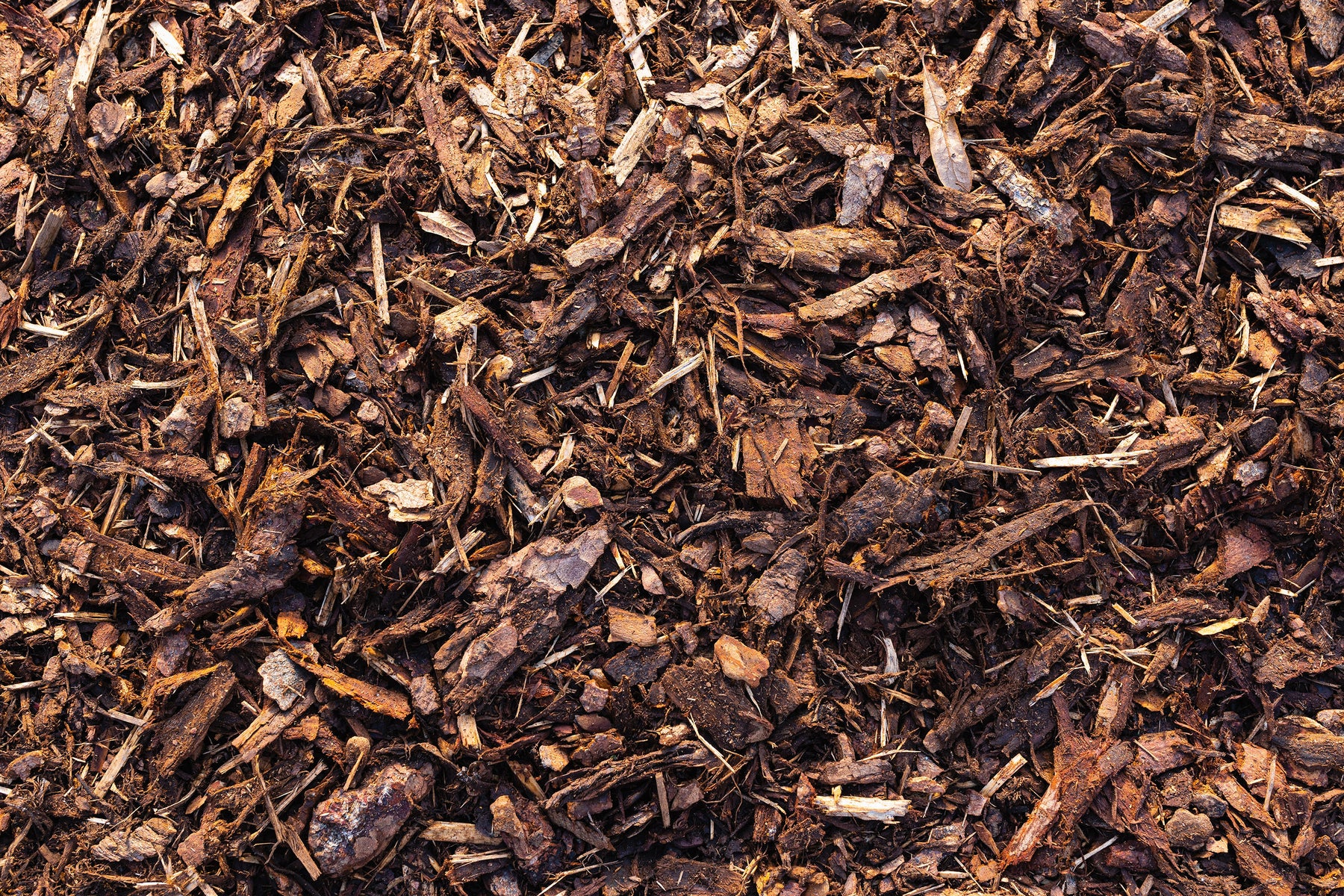Soil, Stones, Pavers & More
In No Mess Bulk Bags

Harnessing the Power of Mulch: Protect Your Plants with Smart Insulation Against Extreme Temperatures
In the ever-evolving realm of gardening, where weather patterns can be unpredictable and extreme temperatures threaten plant health, safeguarding your green companions becomes a top priority. Cubag recognises the significance of nurturing a flourishing garden, and one tool that often flies under the radar in this endeavour is mulch. This in-depth guide explores how mulch acts as intelligent insulation, covering various types, application techniques, and the benefits it provides to your cherished plants.
Understanding the Importance of Mulch Bark in Plant Insulation
Mulch functions as a natural insulator, enveloping your plants in a protective layer that shields them from the adverse effects of extreme temperatures. Whether it's the searing heat of summer or the biting cold of winter, mulch plays a pivotal role in moderating soil temperature, creating a stable environment essential for optimal root growth and resilience against temperature-induced stress.
Types of Mulch for Effective Temperature Regulation
The choice of mulch is critical to ensuring efficient insulation for your plants. Organic options like straw, wood chips, and leaves regulate soil temperature and contribute to soil enrichment as they decompose. Inorganic mulches, such as rubber or stones, provide enduring protection and are ideal for areas prone to erosion. Cubag recommends tailoring your mulch selection to your specific gardening needs and the nuances of your local climate for optimal results.
Mulch Application Techniques for Optimal Insulation
Applying mulch correctly is key to unlocking its full potential. Begin by spreading a layer around the base of your plants and trees, ensuring comprehensive coverage without direct contact with stems or trunks. To maximise insulation, maintain a consistent thickness, typically between 2 to 4 inches. It's advisable to replenish mulch as needed, especially after heavy rainfall or decomposition, to preserve its insulating properties over time.
Benefits of Mulch Insulation in Extreme Temperatures
The advantages of mulch extend beyond soil temperature regulation. Mulch excels in retaining moisture, reducing the need for frequent watering and aiding plants in enduring periods of drought or heat stress. Additionally, it suppresses weed growth, mitigating unwanted competition for vital nutrients. By fostering a conducive environment for beneficial microorganisms, mulch significantly contributes to overall soil health, promoting robust plant growth with fewer weeds.
Common Mistakes to Avoid When Using Mulch for Plant Protection
While mulch is a valuable ally, improper use can counteract its benefits. One prevalent mistake is piling mulch against plant stems, leading to excessive moisture retention and the potential for rot. Cubag strongly advises against using diseased or infested mulch materials, which can introduce pests or pathogens to your garden. Striking the right balance in mulch thickness is crucial—too much can stifle plant growth, while too little may not provide sufficient insulation.
Seasonal Considerations: Mulching Strategies for Different Weather Conditions
Adapting your mulching strategy to seasonal changes is crucial for optimal plant care. During colder months, a thicker layer of mulch acts as a protective blanket, shielding roots from frost. Conversely, a slightly thinner layer in hotter months prevents soil from overheating. Cubag recommends staying attuned to local weather patterns and adjusting your mulching routine accordingly.
Frequently Asked Questions
Q1. What does mulch do?
A1. Mulch serves as a natural insulator, regulating soil temperature. It also retains moisture, helps with weed suppression, and aids in the soil's overall health.
Q2. What is mulch made of?
A2. Mulch can be organic (straw, wood chips, leaves) or inorganic (rubber, stones), each offering unique benefits for plant insulation.
Q3. How deep should mulch be?
A3. Aim for a 2 to 4-inch thickness for optimal insulation, ensuring coverage without direct contact with plant stems.
Q4. Where to buy mulch near me?
A4. For premium mulch in New Zealand, Cubag is your answer. Our online store offers the highest quality bark in convenient cubic metre bags. Partnering with local suppliers, Cubag ensures top-notch products for your garden beds. Visit us online for easy and efficient mulch shopping, providing the best value for your money.
In your pursuit of a resilient and thriving garden, Cubag urges you to recognise the potency of mulch as an intelligent insulation solution. Understanding its importance, selecting the right types, applying it effectively, and steering clear of common mistakes will pave the way for a resilient, flourishing garden even in extreme temperatures.
Enhance your gardening experience with Cubag's highest-quality bark selection and ever-popular black mulch. Visit our website to discover the best mulching options tailored to your unique gardening needs. Safeguard your plants and cultivate a thriving garden with Cubag's expertise by your side.

Leave a comment